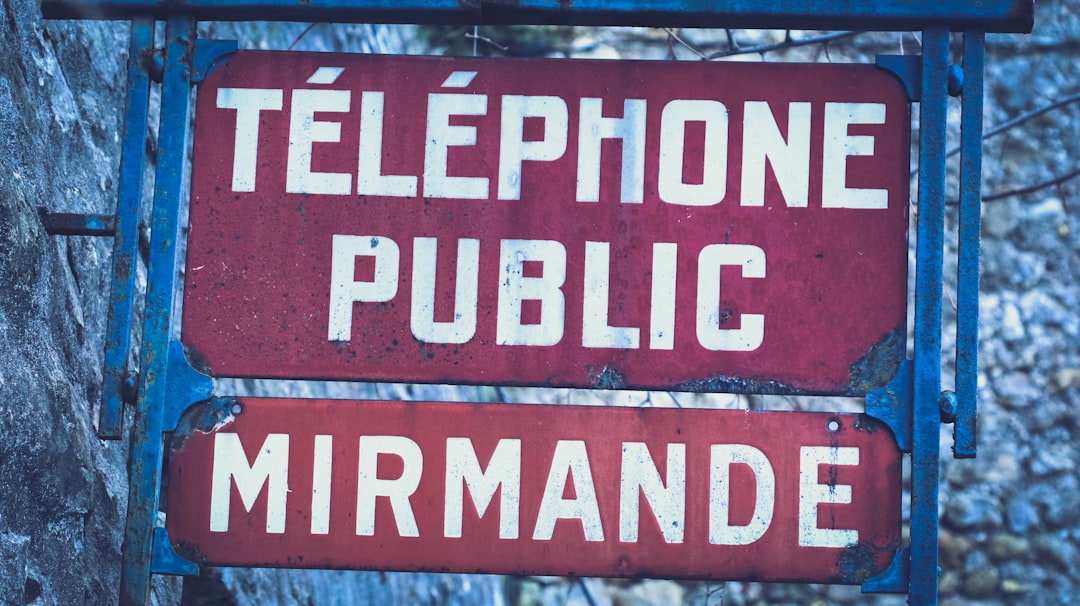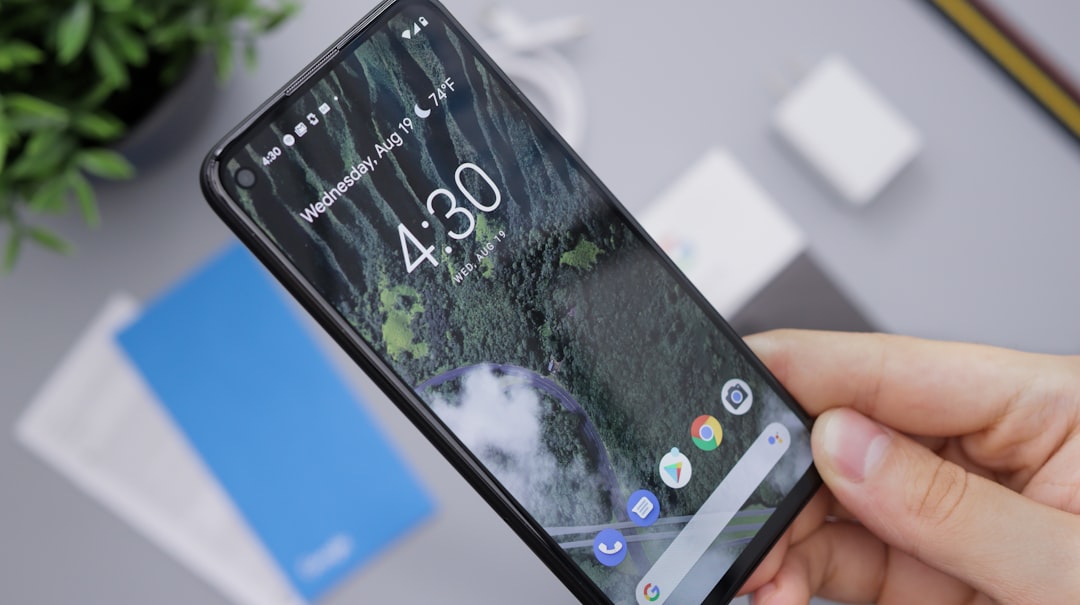Texas' Do Not Call Laws, enforced by the Texas Public Utility Commission (TPUC) and the Attorney General's Office, protect residents from unwanted telemarketing calls on landlines, mobile phones, and VoIP. Registration is simple online or with local providers, and businesses have 30 days to comply. Exemptions exist for consenting callers, previous customers, non-profits, political campaigns, emergency situations, and debt collectors. Documenting and reporting unwanted calls can help enforce residents' rights.
“San Antonio residents, are you aware of your rights under Texas’ Do Not Call laws? This comprehensive guide navigates the intricate details of these regulations, designed to protect your privacy. We’ll explore who the law shields from unwanted calls, how to enforce your ‘do not call’ status, and exceptions that allow marketers to reach you. Understanding these aspects is crucial for claiming your right to peace and quiet in today’s digital era.”
Understanding Do Not Call Laws in Texas: A Comprehensive Overview

In Texas, Do Not Call Laws are designed to protect residents from unwanted telemarketing calls and sales pitches. These laws provide a valuable resource for San Antonio citizens looking to curb intrusive phone marketing activities. The key regulation, known as the Texas Phone Consumer Protection Act, restricts businesses from making telephonic sales calls to consumers who have registered their numbers on the state’s Do Not Call list. This means that if you’ve placed your San Antonio residence on this list, you can expect a significant reduction in telemarketing calls.
The list is managed by the Texas Public Utility Commission (TPUC), which oversees compliance and enforces the rules. Residents can register their landline or mobile numbers online through the TPUC website or by filing a form with their local utility provider. Once registered, businesses have 30 days to remove the number from their calling lists, ensuring a more peaceful and private phone experience for Texas residents, including those in San Antonio.
Who Does the Law Protect and How?

San Antonio residents, like all Texans, are protected by the state’s Do Not Call Laws, designed to curb unwanted telemarketing calls and protect consumers’ privacy. This legislation covers a wide range of phone numbers, including residential landlines, mobile phones, and even voice-over IP (VoIP) numbers.
The law primarily safeguards individuals who have registered their numbers on the official “Do Not Call” list maintained by the Texas Attorney General’s Office. Once a number is on this list, it becomes off-limits for telemarketers. Businesses that violate these rules by calling listed numbers face legal repercussions, including fines and potential lawsuits. This measure ensures that residents can enjoy peace of mind, knowing their personal time and privacy are respected, and unwanted calls are kept at bay.
Enforcing Your Rights: What to Do If You're Still Being Called

If you’ve registered your number on the Do Not Call list and are still receiving unwanted calls, it’s essential to know that Texas law is on your side. The Do Not Call Laws Texas protect residents from unsolicited telemarketing calls. If a caller disregards your clear indication of not wanting to be contacted, you have rights.
First, document the calls by noting the date, time, and content of each interaction. Then, contact the Texas Attorney General’s Office or file a complaint with the Federal Trade Commission (FTC). They can investigate the issue and take legal action against violators. It’s a simple process to enforce your rights, and these actions can serve as a powerful deterrent for persistent callers.
Exclusions and Exceptions: When Can Marketers Still Contact You?

While Do Not Call Laws in Texas, like nationwide, aim to protect residents from unsolicited phone calls, there are notable exclusions and exceptions. Marketers can still reach out if you’ve given them explicit consent to do so. This includes situations where you’ve signed up for a service or newsletter, or provided your number during a purchase transaction. Businesses also have leeway to contact individuals who have previously done business with them, as long as the calls are related to that previous interaction.
Another exception pertains to non-profit organizations and political campaigns. These entities can call even if you’re on the Do Not Call list, but they must adhere to specific rules regarding the frequency and purpose of their calls. It’s also worth noting that emergency situations or calls from debt collectors may bypass Do Not Call restrictions. Residents in Texas should be aware of these allowances to ensure they’re not inadvertently granting permission for unwanted marketing calls.






